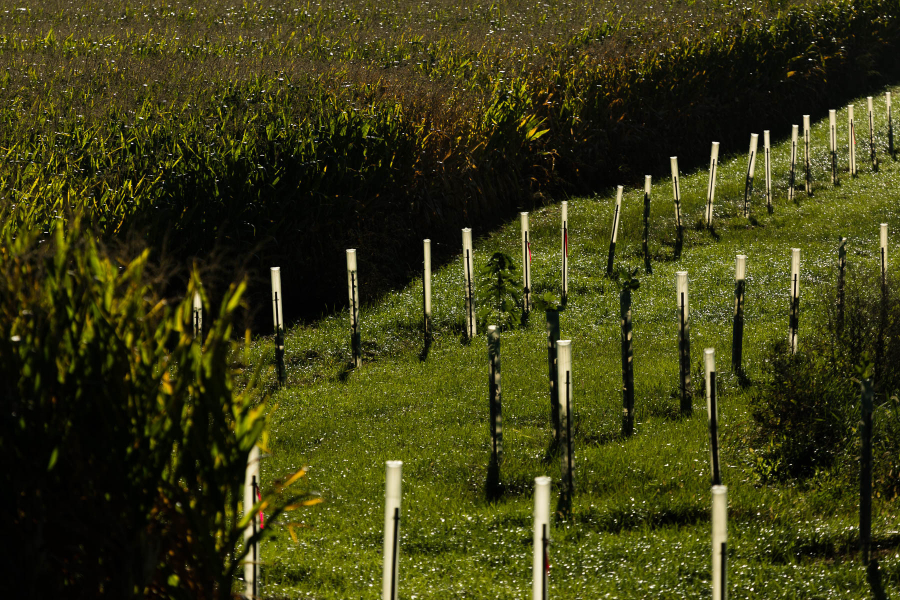Helping farmers take actions to address agricultural pollution
The Chesapeake Bay Commission releases a report detailing recommendations to help grow technical assistance options

Agriculture is a complex issue in the Chesapeake Bay region. On one hand, it is essential because it provides us with food and fiber, natural areas, and aesthetic and environment benefits. But agriculture is also the greatest source of nutrient and sediment pollution entering the Chesapeake Bay. Farmers across the Chesapeake have already committed to implementing conservation practices to help prevent pollution from flowing into local waterways and the Bay, but the technical resources they need to implement these practices are not widely available.
The Chesapeake Bay Commission (CBC), a tri-state legislative commission which advises the general assemblies of Maryland, Pennsylvania and Virginia on issues of Bay-wide concern, is trying to bring attention to the lack of these resources and offer recommendations to improve them in their new report, Boots on the Ground: Improving Technical Assistance for Farmers.
Technical assistance refers to the services that an agricultural conservation professional can provide to a farmer. Often times that is education, advice and oversight of the planning, programs and practices the farmer can use to reduce and manage agricultural pollution. Technical assistance allows farmers to reduce pollution without disrupting the regular business operations of the farm.
Currently, there is an insufficient level of available technical assistance in the Chesapeake Bay region, which is hindering efforts to reduce pollution entering local waterways and the Bay. To help, CBC offers up three recommendations to help increase the capacity to provide more technical assistance:
- Create a robust network of private sector and non-profit providers of technical assistance.
- Enhance the job climate for governmental conservation professionals providing technical assistance.
- Provide more consistent, stable and predictable levels of funding for technical assistance, including funds independent of cost-share programs.
Learn how one Pennsylvania dairy farm is putting conservation practices to work to reduce pollution from their land.

Comments
There are no comments.
Thank you!
Your comment has been received. Before it can be published, the comment will be reviewed by our team to ensure it adheres with our rules of engagement.
Back to recent stories